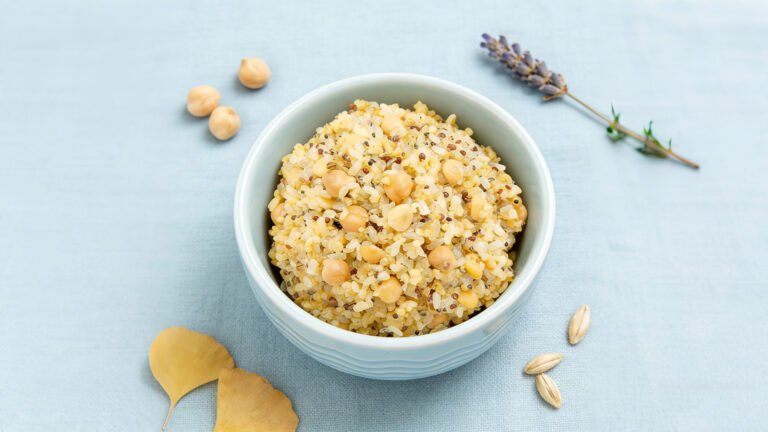
Contact Us through info@lovekonjac.com
In today’s world of plant based eating, vegan and vegetarian diets are often mentioned together. Both emphasize plant foods and are linked to many health benefits, but there are key differences between the two lifestyles.
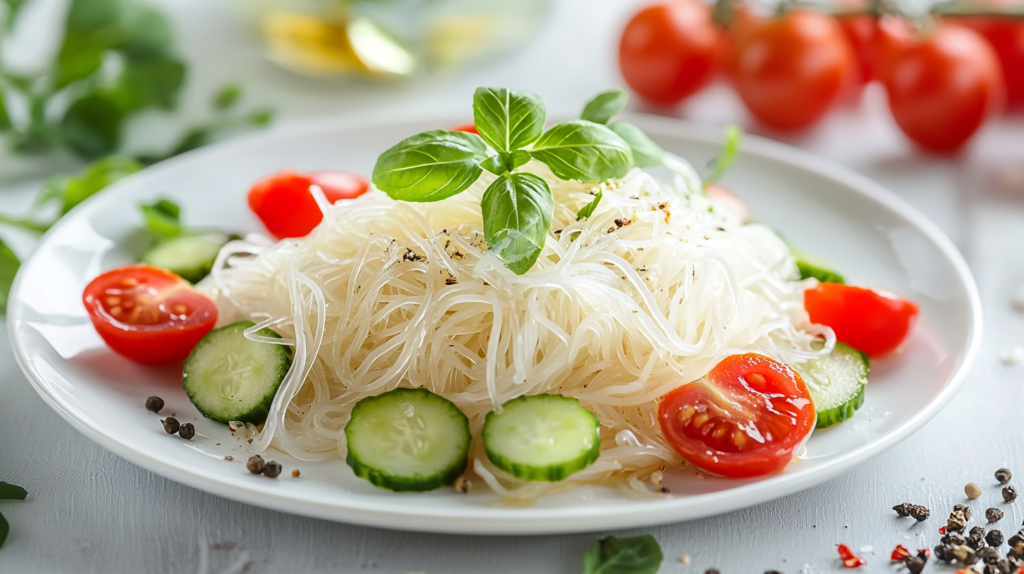
Vegetarianism dates back thousands of years and is deeply rooted in ancient cultures and religions, such as Hinduism, Buddhism, and Jainism, where it’s practiced out of respect for all forms of life. Veganism, however, is a more recent movement, beginning in the 1940s to represent a lifestyle that completely avoids animal products.
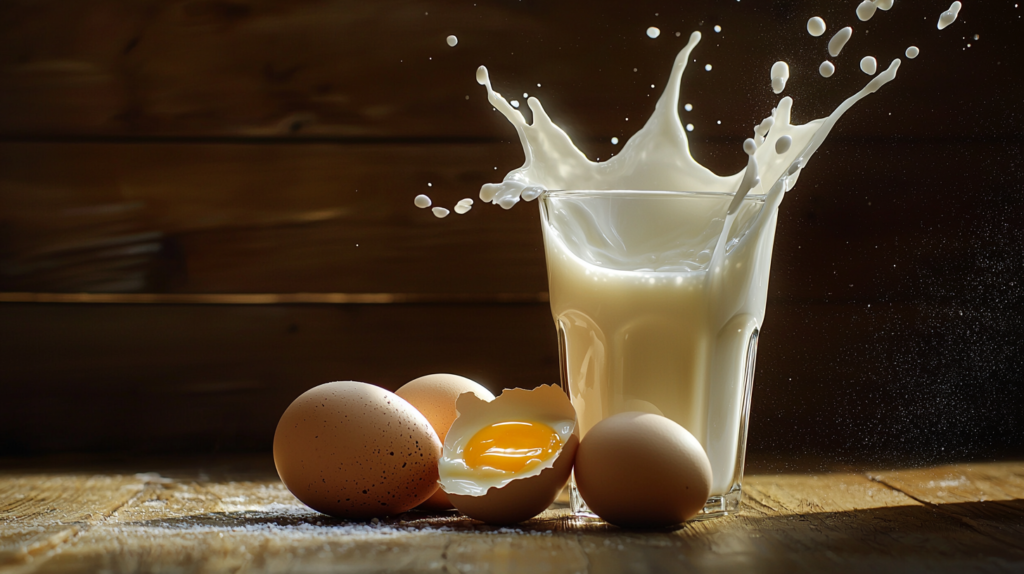
Veganism is a lifestyle and diet that excludes all animal products. In addition to avoiding meat, vegans do not consume dairy, eggs, or other animal-derived products like honey. Many adopt veganism for reasons related to animal welfare, environmental sustainability, or health. This lifestyle often extends beyond diet to avoid animal products in clothing, cosmetics, and other daily items.
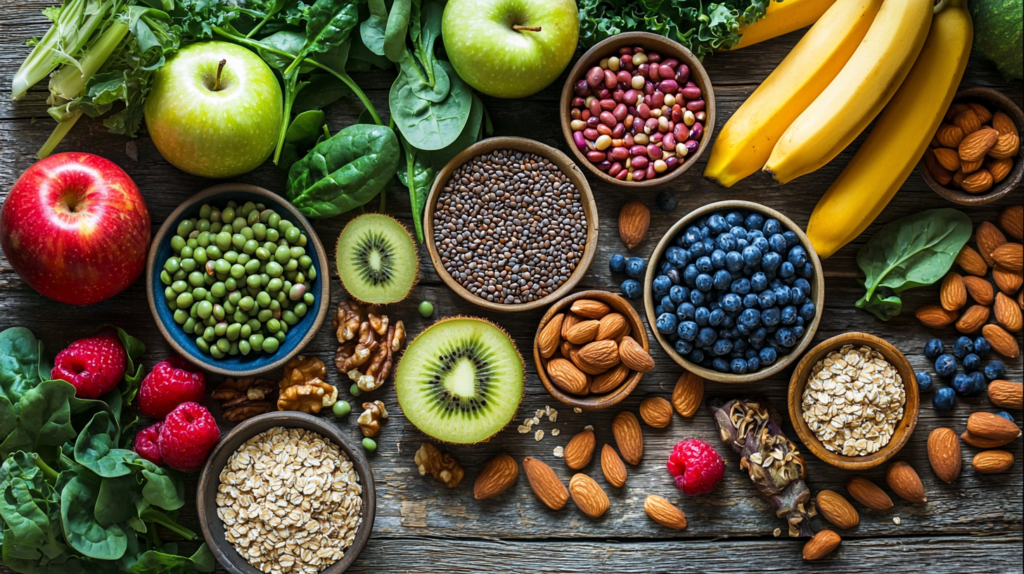
Whole Food Vegan Diet: Focuses on nutrient-dense foods like fruits, vegetables, whole grains, legumes, and nuts, minimizing processed foods.
Raw Vegan Diet: Emphasizes uncooked and unprocessed plant foods, often consumed at temperatures below 118°F (48°C) to retain nutrients.
High-Carb, Low Fat Vegan Diet: Known as “80/10/10,” this diet is high in carbohydrates and low in fats, mainly from fruits, vegetables, and starchy foods, often followed for energy and endurance.
Junk Food Vegan Diet: Includes plant based convenience foods like vegan burgers, cookies, and ice cream. Though popular, it’s best enjoyed in moderation for balanced nutrition.
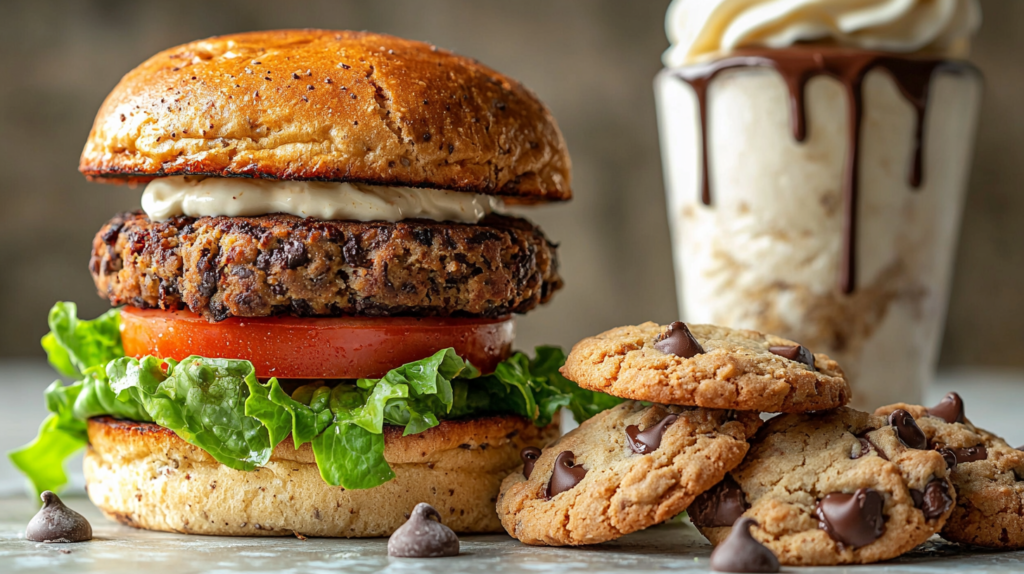
Vegetarianism is a diet that excludes meat, poultry, and fish but may include other animal products like dairy and eggs, depending on individual or cultural preferences. There are various types of vegetarian diets, each with a different level of animal product inclusion.
Types of Vegetarian Diets
Lacto-Vegetarian: Includes dairy but excludes meat, fish, and eggs.
Ovo-Vegetarian: Includes eggs but excludes meat, fish, and dairy.
Lacto-Ovo Vegetarian: Includes both dairy and eggs but excludes meat and fish.
Pescatarian: Excludes meat but includes fish and seafood.
Both vegan and vegetarian diets are plant-focused, but they present unique nutritional needs and challenges.
Protein Sources
For both diets, plant based protein sources are essential. Vegans rely on beans, lentils, tofu, tempeh, and grains like quinoa, while vegetarians can also include dairy and eggs, which provide additional protein.
Essential Vitamins and Minerals
Vitamin B12: Mainly found in animal products, so vegans need to take supplements or eat fortified foods.
Iron: Found in beans, lentils, and spinach, though plant-based iron is less easily absorbed.
Calcium and Vitamin D: Obtained from fortified plant milks or dairy products for vegetarians.
Both vegans and some vegetarians may supplement with B12, iron, or omega 3 fatty acids to maintain a balanced diet.
Both diets offer many health benefits, including:
Cardiovascular Health: Studies suggest plant-based diets can lower cholesterol, promoting heart health.
Weight Management: Plant-based diets are often lower in calories, which may support weight management and reduce obesity risks.
Reduced Risk of Chronic Diseases: Vegan and vegetarian diets have been linked to a reduced risk of diabetes, hypertension, and some cancers.
Many find a vegetarian diet easier to maintain due to its wider range of food options. Vegetarians can consume dairy and eggs, making it simpler to get key nutrients like protein, calcium, and vitamin B12 without relying heavily on supplements. In contrast, a vegan diet requires more planning to meet nutritional needs, as it fully excludes animal products. Dining out can also be more challenging for vegans in regions where plant based options are limited. Overall, a vegetarian diet may be more accessible, especially for those new to plant-based eating.
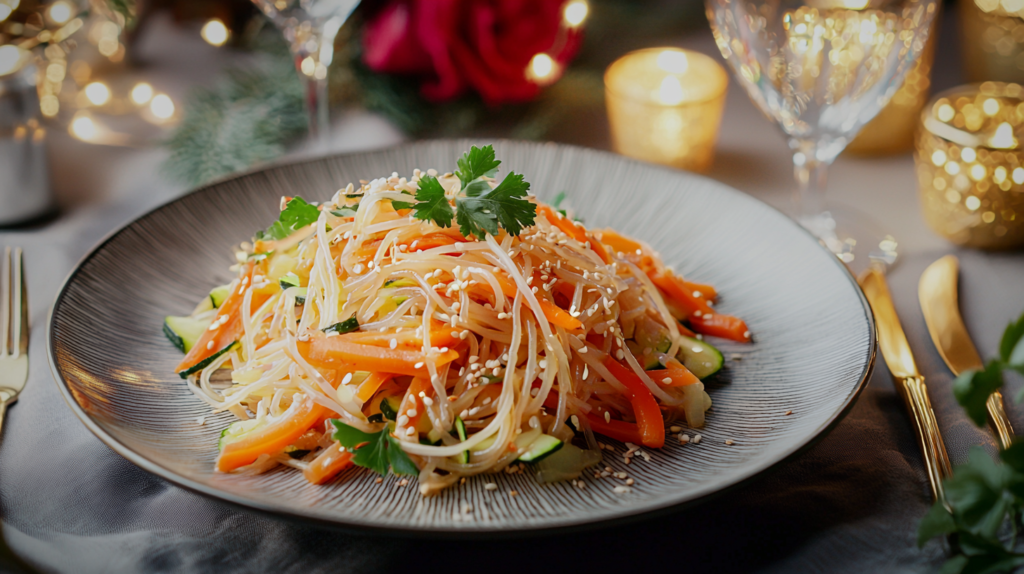
At Love Konjac, we offer products made from natural, plant based konjac root that suit both vegan and vegetarian diets. Konjac is naturally low in calories and high in fiber, supporting healthy digestion and weight management. Our versatile konjac noodles and rice provide an ideal foundation for balanced, satisfying meals, helping to fill common nutritional gaps in plant-based diets. Whether you’re vegan or vegetarian, Love Konjac products make it easy to create delicious, health-conscious meals that align with your dietary choices.
Choosing between vegan and vegetarian diets depends on your health goals and values. For those focused on animal welfare and reducing environmental impact, a vegan diet aligns closely with these priorities by fully excluding animal products. However, if you value convenience and flexibility, a vegetarian diet may be preferable, as it includes eggs and dairy, making it easier to meet nutritional needs without extensive supplements. Both diets offer health benefits, but the key is finding one that fits your lifestyle while ensuring balanced nutrition.